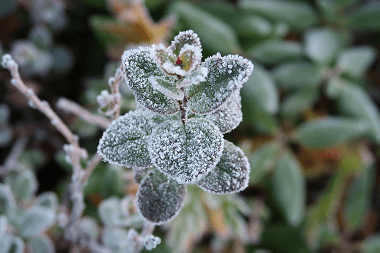Health for a lifetime >>>> Is the cold good for health?
Is the cold good for health?

The familiar phrase from the song "but the cold is good for health" does not always correspond to the truth. There are a number of chronic diseases that are exacerbated during the cold season.
What suffers during the cold season?
The first cold blow is received by the skin. The skin and mucous membranes, being cooled, lose moisture and begin to dry out and peel off. And people who are prone to allergies to low temperatures develop cold dermatitis - the skin becomes inflamed, cracked and begins to ache. Chronic skin diseases (eczema, psoriasis) can be exacerbated during the autumn-winter cold. The mucous membrane of the lips can also be subject to cold injury, and cheilitis develops.
Low temperatures affect heat exchange and change the functioning of the peripheral circulatory system, creating an outflow of blood to the internal organs, which causes hypothermia of the extremities and exacerbation of diseases such as Raynaud syndrome - spasm of peripheral vessels and numbness of the extremities (hands, toes, tip of the nose, earlobes , chin).
Peripheral vasospasm can interfere with blood circulation in the head, which in turn provokes headaches in some people.
The respiratory system can also be affected in cold weather. In some people, cold air causes bronchospasm. It becomes hard to breathe, a cough appears, chronic bronchitis may worsen.
What useful things do the cold bring to our life?
With a slight cold snap, the work of blood vessels is normalized, and in people prone to low blood pressure, the vascular tone increases the overall level of blood pressure.
People with excessive sweating are grateful for a cold snap, as it reduces the work of the sweat glands.
In people whose sebaceous glands on the skin are prone to increased secretion, the secretion of sebum is normalized, and the skin and hair cease to be oily.
Cold tones the body as a whole, invigorates, refreshes, improves brain function and helps the immune system to cope with infectious agents that do not multiply in low temperatures.

Read

Read



























